Energy bills impossible to pay, says diner owner
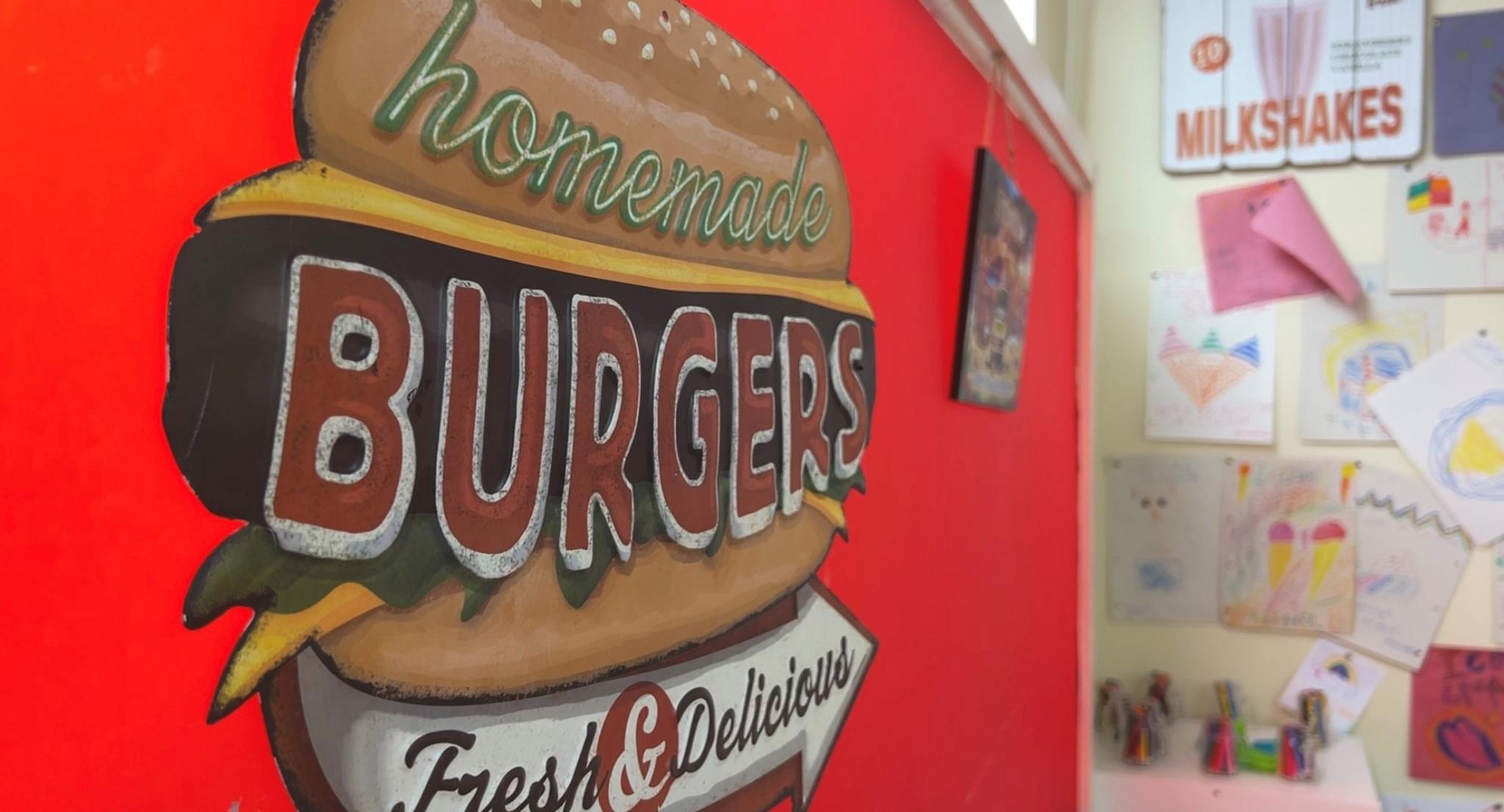
Open since 2019, Gelatis diner in Ross on Wye will close on 6 September
- Published
Soaring energy bills are forcing a popular American diner in Ross on Wye to shut permanently.
Gelatis owner Tina Knapman said she could not continue after her energy bills almost tripled, from £800 to £2,300.
Two other eateries in the Herefordshire town have also closed in recent weeks and a pub is reducing trading hours.
Government support for businesses is due to last until April 2024.
"It’s been very hard work and so much fun building my little business but sadly the energy price hike has made it impossible to carry on," Ms Knapman said.
Ms Knapman left her old energy contract in March after the business's bills tripled. It has left her with a £16,000 bill to pay off, on top of her current contract, before she closes the diner on 6 September.
Raw ingredients for food had also gone up by 40% since she opened in 2019, she estimated.
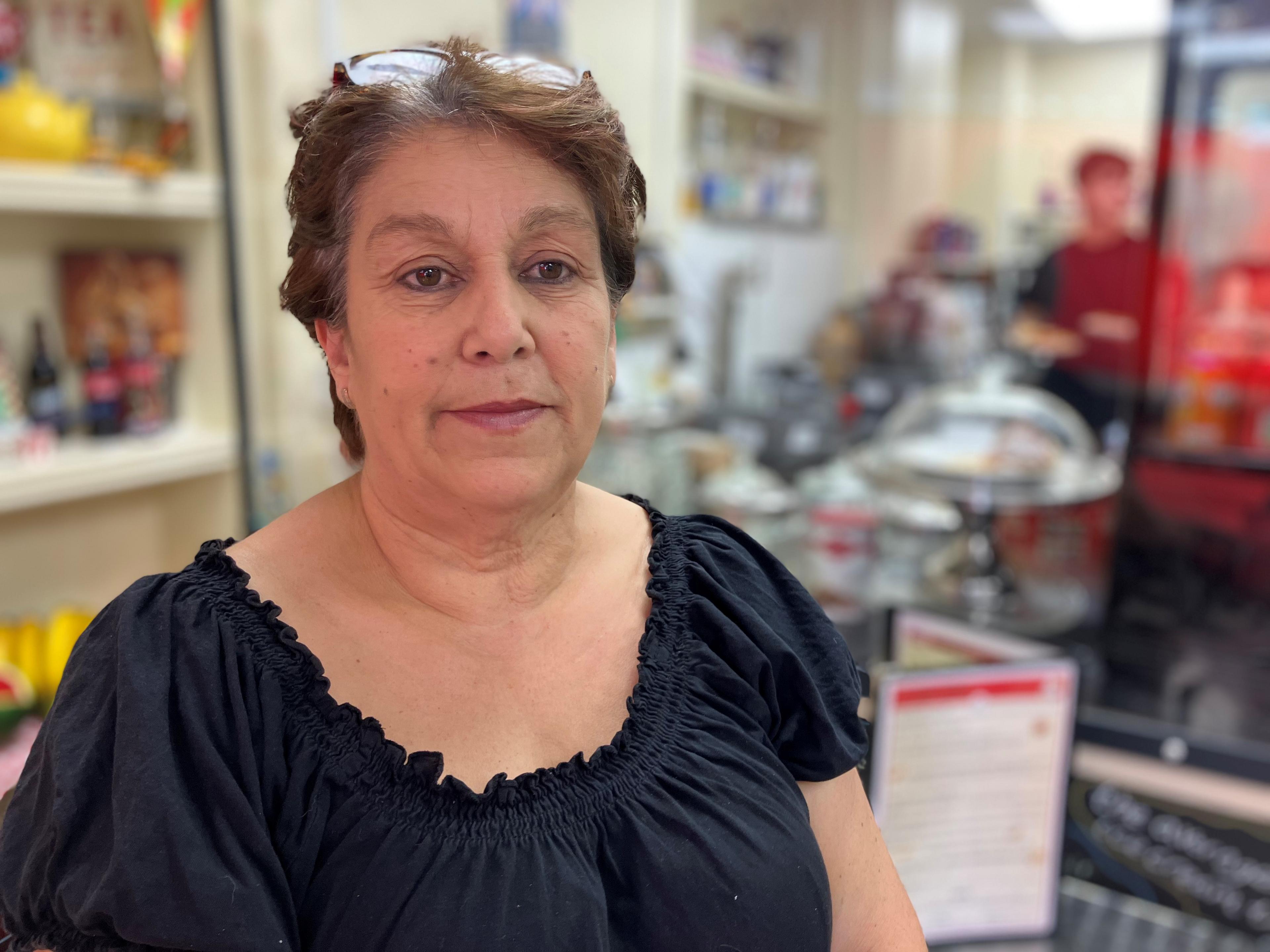
Gelatis owner Tina Knapman says she's closing the business now to avoid building debt over winter
Despite a profitable summer Ms Knapman said she had taken the decision to shut now, rather than risk falling into debt.
"When I come out of this summer, they'll be nothing left to drip feed my bills through the winter," she said.
Fresh wave of closures
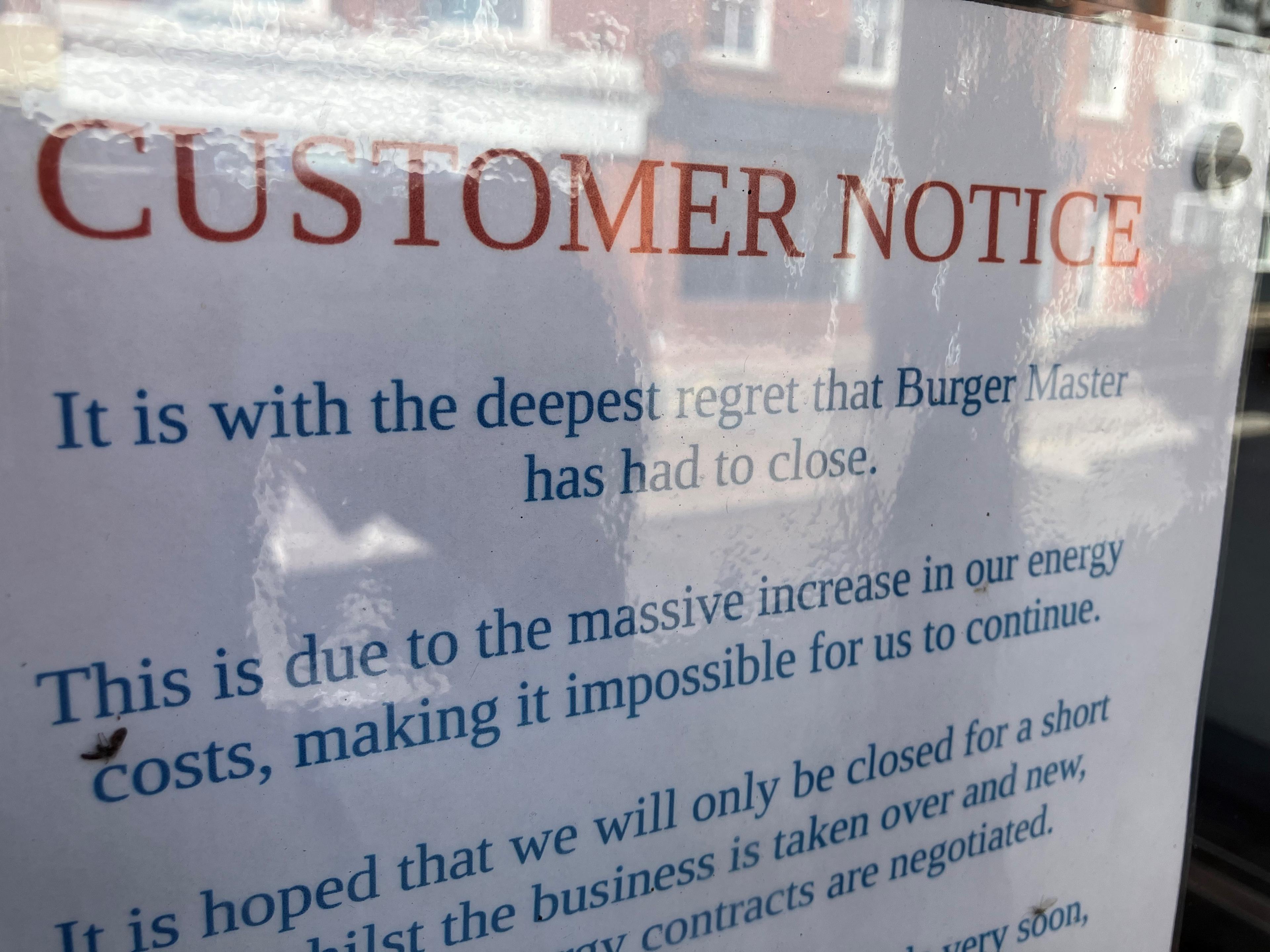
Burger Master, another Ross on Wye eatery, has also blamed energy costs for its closure
At takeaway Burger Master a note on the front door told customers the business has been shut due to "the massive increase in energy costs, making it impossible for us to continue".
While Burger Master may get new ownership, bakery The Crusty Loaf, a few doors down, has shut for good. A sign blamed the difficult financial climate.
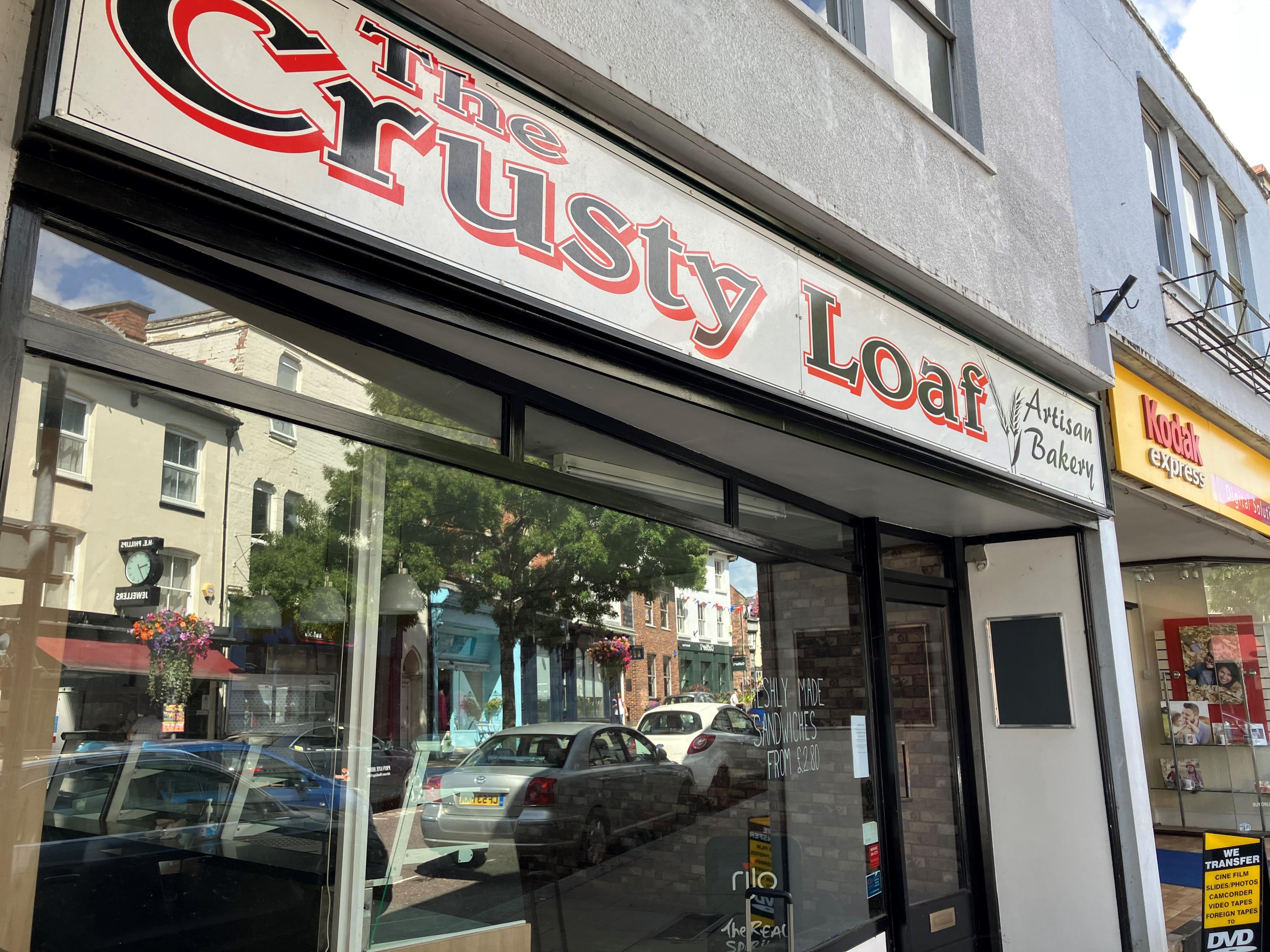
Ross on Wye's Crusty Loaf bakery is another business that has closed permanently
A short distance outside Ross on Wye, The Loughpool pub at Sellack has also announced it is cutting trading hours.
Allow Facebook content?
This article contains content provided by Facebook. We ask for your permission before anything is loaded, as they may be using cookies and other technologies. You may want to read Meta’s Facebook cookie policy, external and privacy policy, external before accepting. To view this content choose ‘accept and continue’.
"This is a rolling issue. It's not a spike that's suddenly appeared," said restaurant consultant Peter Backman, who added that businesses were exposed to price rises as their energy contracts came up for renewal.
Government support for businesses currently lasts until April 2024.
In June, Energy Minister Amanda Solloway claimed the relief could reduce bills by as much as a fifth.
“Energy prices are falling but we will continue to stand by businesses and do all we can to help,” she said.
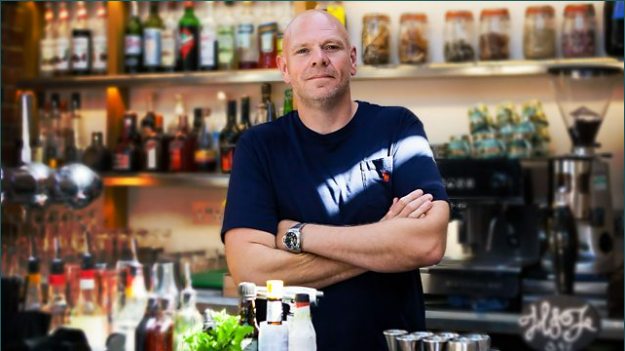
Chef Tom Kerridge has been looking at the state of hospitality in his new BBC series
Chef Tom Kerridge who has been looking at how hard things are in his BBC series, The Hidden World of Hospitality, said rising cost were making businesses unviable.
"There’s 12 hospitality businesses a week shutting – and it is heavily, heavily based on the rising cost of utility and energy costs absolutely coming in at absolutely catastrophic increases," he said.
"Lots of small independent businesses are more vulnerable because it’s a small team of people, a partnership, it may be a husband and wife team or sole operator."
Mr Kerridge said a reduction in VAT was needed, which would be a huge "pressure release" for companies.
“Across Europe VAT in hospitality businesses run between anywhere at 8-12%. The UK is the highest sitting there at 20%," he said.
"If it was to drop at 10% for hospitality businesses, it would work long-term and short term."
Follow BBC West Midlands on Facebook, external, Twitter, external and Instagram, external. Send your story ideas to: newsonline.westmidlands@bbc.co.uk, external